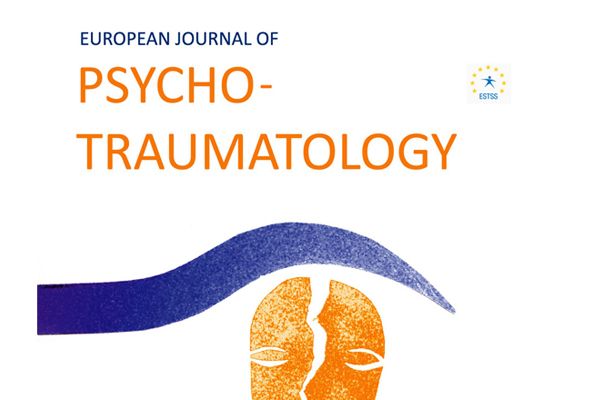15 februari 2021
European Journal of Psychotraumatology
Jessica E. Lambert & Christy Denckla
https://doi.org/10.1080/20008198.2020.1865671
Abstract:
Background: Approximately 56% of Kenya´s population resides in informal settlements (UN-Habitat, 2016). Female residents experience a range of psychosocial stressors including chronic poverty and high rates of interpersonal violence. Despite evidence that this population has some of the worst physical health outcomes in the country (APHRC, 2014), few studies have evaluated their mental health status and its correlates.
Objective: The purpose of this study was to identify risk and protective factors associated with mental health problems (posttraumatic stress & depression) among women living in informal settlements in Kenya. Hypothesized risk factors included economic stress, a history of experiencing childhood abuse and sexual violence, as well as partner-perpetrated psychological and physical abuse. Hypothesized protective factors were supportive relationships with family members and friends and having a sense community connection.
Method: Local community health workers were trained to collect data via individual interviews using validated measures. Participants were recruited using systematic random sampling in two informal settlements in Nakuru County. We used path analysis to test the hypothesized model among a sample of 301 women.
Results: The model had an excellent fit (χ2 = 13.391, df = 8, p =.099; GFI =.99; CFI =.99; RMSEA =.05) and explained 25% of the variance in PTSS and 28% of the variance in depression. All predictor variables except support from friends were statistically significant in the expected direction. Specifically, economic stress, childhood abuse, sexual violence, as well as physical and psychological abuse from one´s partner had significant positive associations with PTSS and depression. Having supportive family members and a sense of being part of the community had significant negative associations with symptoms.
Conclusions: Results highlight the importance of addressing intimate partner and other forms of interpersonal violence in these settings and hold implications for tailoring interventions for this marginalized population.
Background: Approximately 56% of Kenya´s population resides in informal settlements (UN-Habitat, 2016). Female residents experience a range of psychosocial stressors including chronic poverty and high rates of interpersonal violence. Despite evidence that this population has some of the worst physical health outcomes in the country (APHRC, 2014), few studies have evaluated their mental health status and its correlates.
Objective: The purpose of this study was to identify risk and protective factors associated with mental health problems (posttraumatic stress & depression) among women living in informal settlements in Kenya. Hypothesized risk factors included economic stress, a history of experiencing childhood abuse and sexual violence, as well as partner-perpetrated psychological and physical abuse. Hypothesized protective factors were supportive relationships with family members and friends and having a sense community connection.
Method: Local community health workers were trained to collect data via individual interviews using validated measures. Participants were recruited using systematic random sampling in two informal settlements in Nakuru County. We used path analysis to test the hypothesized model among a sample of 301 women.
Results: The model had an excellent fit (χ2 = 13.391, df = 8, p =.099; GFI =.99; CFI =.99; RMSEA =.05) and explained 25% of the variance in PTSS and 28% of the variance in depression. All predictor variables except support from friends were statistically significant in the expected direction. Specifically, economic stress, childhood abuse, sexual violence, as well as physical and psychological abuse from one´s partner had significant positive associations with PTSS and depression. Having supportive family members and a sense of being part of the community had significant negative associations with symptoms.
Conclusions: Results highlight the importance of addressing intimate partner and other forms of interpersonal violence in these settings and hold implications for tailoring interventions for this marginalized population.

Het European Journal of Psychotraumatology (EJPT) is een peer-reviewed, interdisciplinair wetenschappelijk tijdschrift dat deel uitmaakt van de European Society for Traumatic Stress Studies (ESTSS).
Het EJPT heeft als doel om wetenschappers, behandelaren en experts te betrekken bij de belangrijkste vraagstukken rond stress en trauma, waaronder individuele gebeurtenissen, herhaalde of chronische trauma's, grootschalige rampen en geweld.

